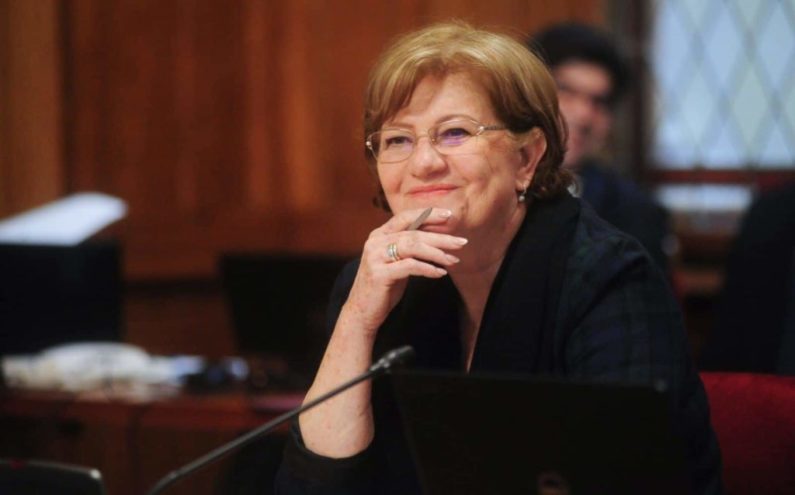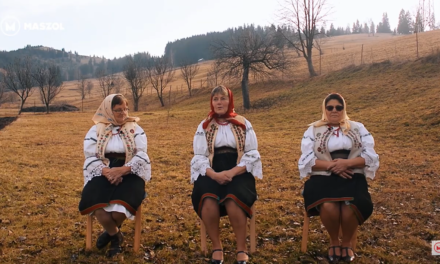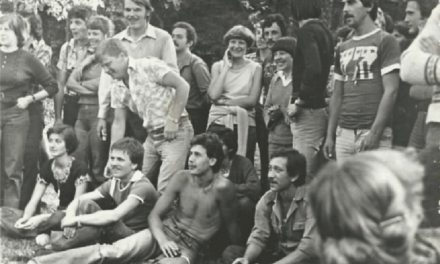The Minority Safepack on the protection of national minorities and the citizens' initiative of the national regions can get a new boost with Hungary's presidency of the V4 and the Council of Europe, said Katalin Szili, the prime minister's representative for autonomy affairs, on Saturday in Tengelic, Tolna County.
Katalin Szili added at the two-day anniversary conference of the Convention of Foreign Hungarian Journalist Associations (KMÚEK): Minority Safepack will be discussed by the Court of Justice of the European Union after the rejection by the European Commission, and the counting of signatures supporting the initiative by the national regions will be completed in the next few days.
He explained: Hungary has designated five priorities of the Council of Europe for the period of the Hungarian presidency, including the protection of national minorities.
"Basically, the EU wants to deal with migrant communities, which make up five percent of the population of the Union, but not with native minorities, which make up ten percent. Therefore, we would like the Council of Europe, which includes 47 countries, to recognize the basic principles formulated by the Hungarian presidency with a resolution," he said.
Ferenc Kalmár , ministerial commissioner responsible for the development of Hungary's neighborhood policy, explained: among the mentioned principles is that the issue of national minorities is not an internal matter, but a European matter, that it is mandatory to consider minorities as a state-building factor, and also that citizenship is not necessarily the same as the nation with debt.
Katalin Szili believed that the EU does not pay much attention to citizens' initiatives, therefore the position of the Council of Europe should also be included in the dialogue on the future of Europe.
As the main patron of the conference, the politician also spoke about the fact that KMÚEK fulfills an important mission by being able to provide authentic information on issues of national politics.
He emphasized that Hungarians are now a world nation, there are Hungarian communities all over the world, among which the Diaspora Council and the Hungarian Permanent Conference ensure institutional dialogue. He also drew attention to the fact that it is very important that everyone dares to assume their national identity in the censuses due next year in neighboring countries.
Péter Szilágyi , the ministerial commissioner responsible for national policy at the Prime Minister's Office, stated: Today, Hungary is in such a position that it can and wants to do something for the whole nation.
He said: the programs of the State Secretariat for National Policy achieved significant results beyond the border. He highlighted the program called Unlimited, thanks to which almost half a million students traveled from the mother country to the Hungarian territories beyond the border. 112,000 foreign and domestic students participated in high school competitions, and 1,400 schools received sports equipment packages worth nearly HUF 100,000.
He explained: in 2021, two billion HUF grants are available in six subprograms, and 2,500 applications have already been supported.
The ministerial commissioner stated: if the opposition wins in the spring of 2022, the current national policy cannot remain.
The meeting of KMÚEK in Tengelici, which was established in 2005, and the topic of which was the situation of Hungarian journalism abroad, was attended by Hungarian journalists from all regions beyond the border except for the Mura region, who - as co-chairman József Klemm said - "assume that they serve the interests of the Hungarian community in addition to that they represent the highest possible level professionally".
MTI
Photo: Facebook/Dr. Katalin Szili












